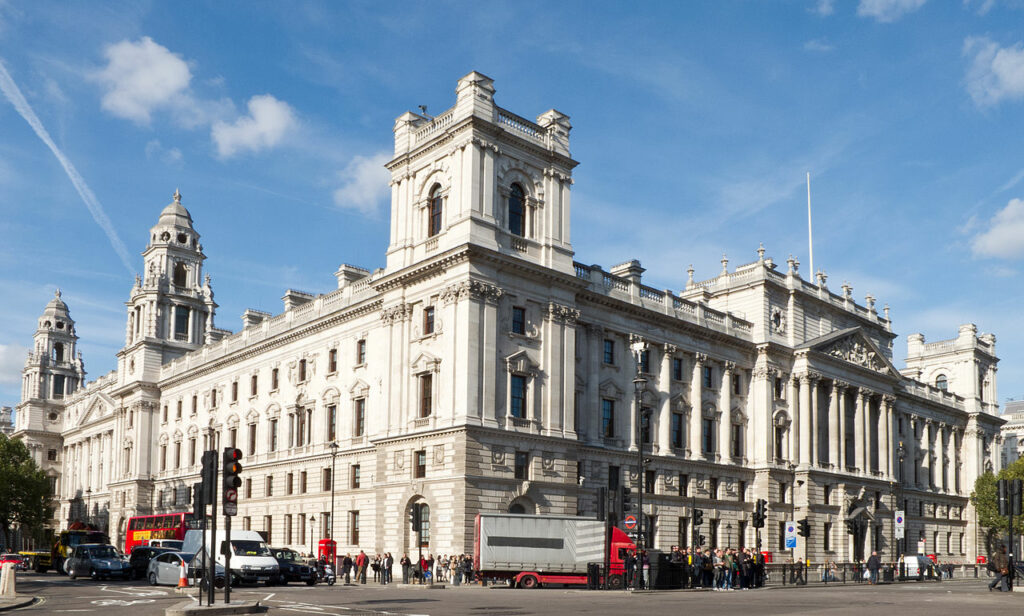The UK government has announced changes to the Energy Profits Levy, which put a marginal tax rate of 75% on North Sea oil and gas company profits which will see the tax rate fall back to 40% if prices “consistently return to normal levels for a sustained period.”
HM Treasury said that the Energy Profits Levy would remain in place until March 2028, subject to changes in the price of oil and gas, and that the government would also introduce a new Energy Security Investment Mechanism to protect domestic energy supply and safeguard jobs in the oil and gas sector.
The government said the changes would “support households with energy bills whilst providing certainty to investors” in domestic energy production. The Energy Profits Levy has so far raised around £2.8 billion and is expected to raise almost £26 billion by March 2028.
HM Treasury said in a statement that while the Energy Profits Levy included an allowance to encourage firms to invest in fossil fuel extraction, they had been warned by the industry that companies were cutting back on investment. The government has therefore launched an Energy Security Investment Mechanism to encourage the oil and gas industry to “invest in new and existing projects”.
However, the independent Office for Budget Responsibility forecasts that the Energy Security Investment Mechanism won’t be triggered “until before the tax’s planned end date in March 2028.”
“The tax rate for oil and gas companies will only return to 40% if both average oil and gas prices fall to, or below, $71.40 per barrel for oil and £0.54 per therm for gas, for two consecutive quarters,” HM Treasury said.
The North Sea Transition Authority (NSTA) opened applications for oil and gas licences in October 2022 to explore and develop an area of the North Sea which could lead to over 100 licences being awarded starting later this year.
Gareth Davies MP, Exchequer Secretary to the Treasury, said: “Never again can our energy supplies be at the whim of petrostate despots like Putin. That’s why it’s so important that we secure investment in our own domestic supply, protecting the tens of thousands of British jobs that come with it.”
“It would be beyond irresponsible to turn off the North Sea taps overnight. Without oil and gas from British waters, we would be forced to import even more from overseas, putting our security of supply at risk,” Davies added.
Despite the windfall tax, UK oil and gas companies have made large Q1 2023 profits, with BP announcing £4 billion in quarterly profits





